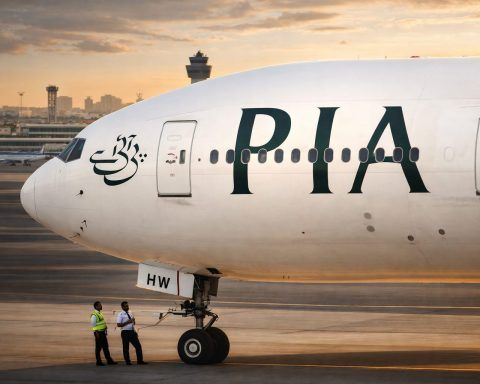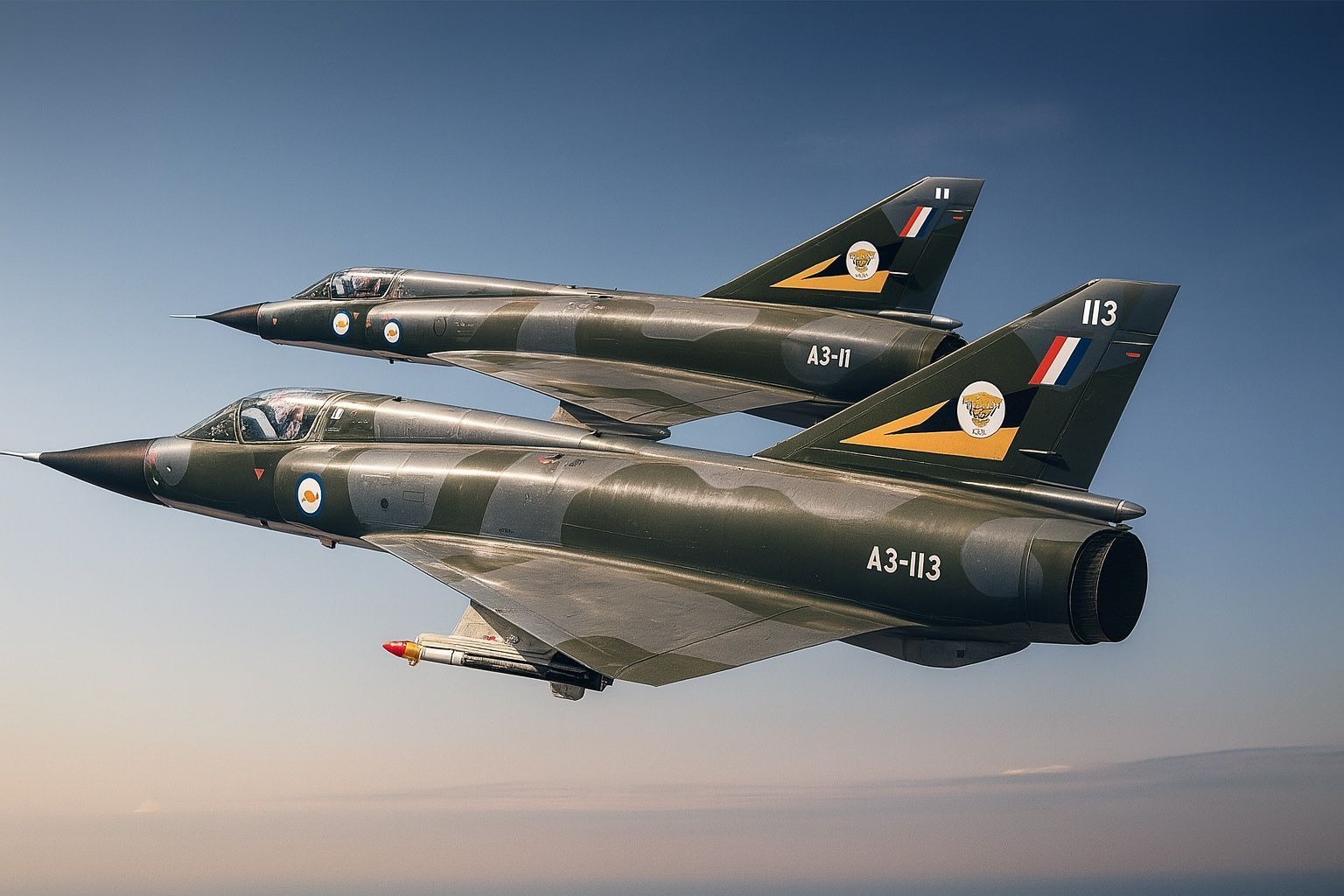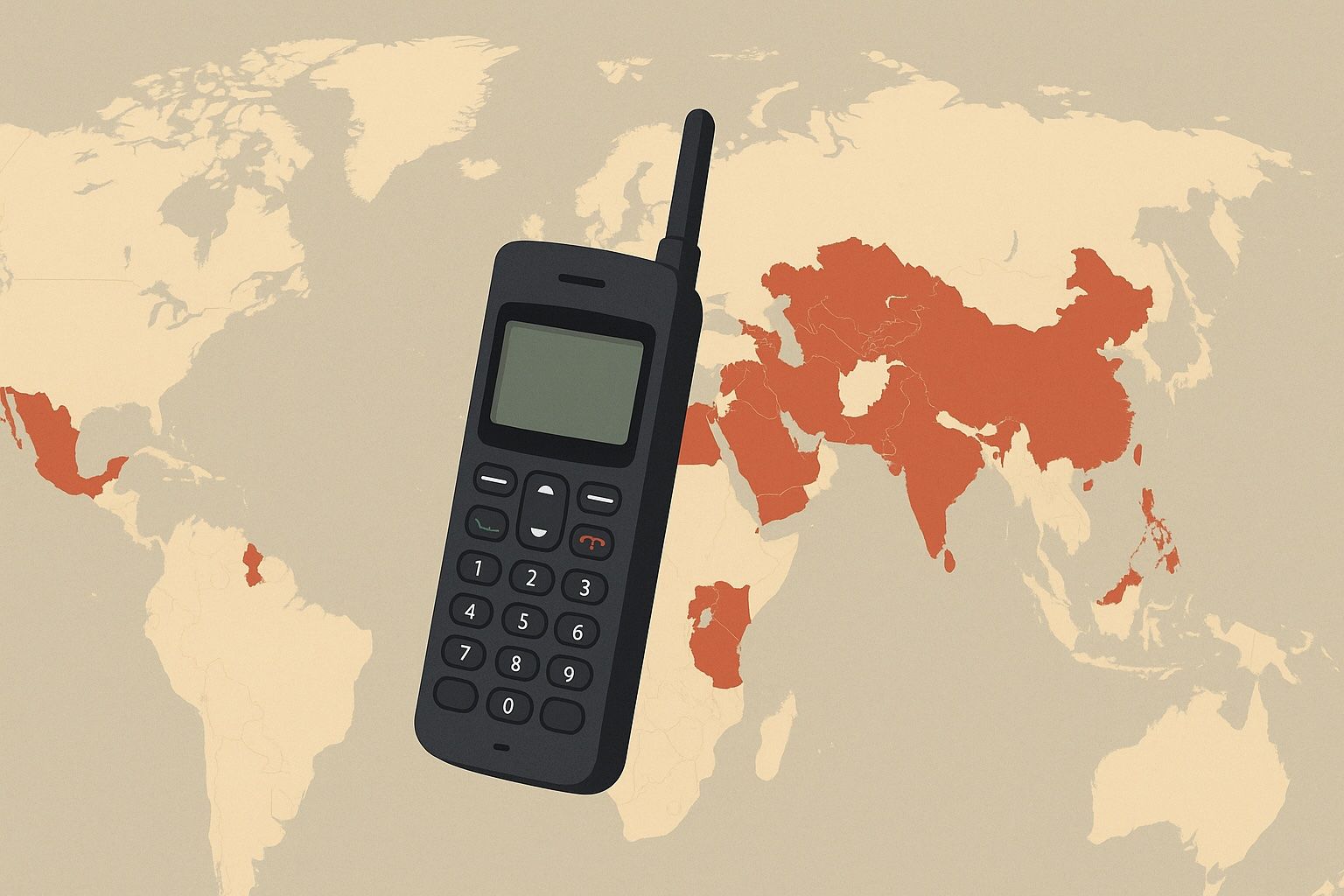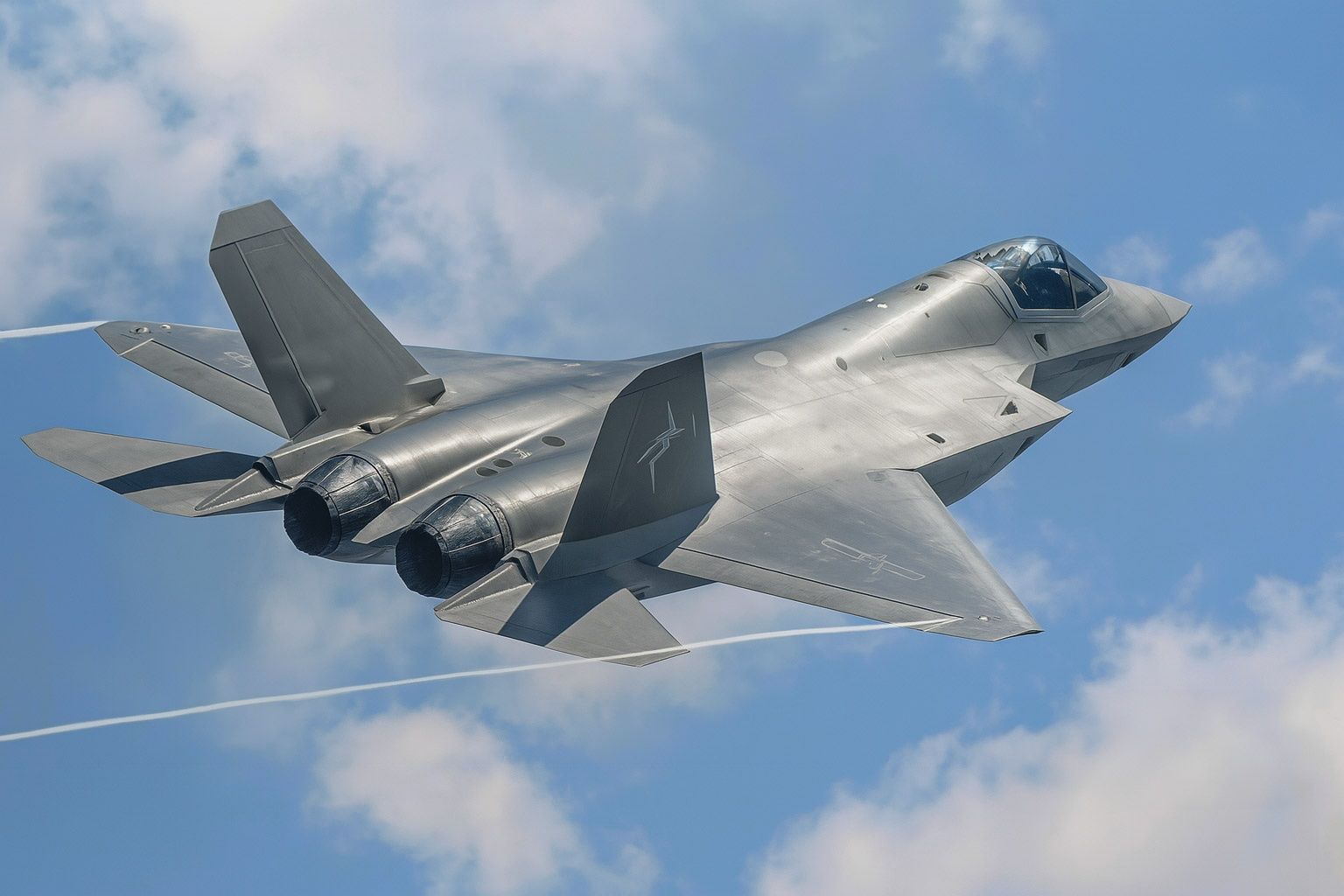
Pakistan’s Internet Access Frontier: Fiber Optics, 5G Delays, and Starlink’s Big Promise
By January 2025, Pakistan had 116 million internet users, about 45.7% of the population. By early 2025, Pakistan had 190+ million mobile connections, roughly 75% of the population, with many people using multiple SIMs. Fixed broadband penetration remains under 2%, with about 3.6 million fixed subscriptions. Fiber backhaul is still limited, with fiber teledensity around 0.45% and only 9–11% of towers fiber-connected, well below a 40% international benchmark. Around mid-2024, 4G/3G coverage reached about 81% of the population, and more than 95% of cell sites supported 4G LTE. Pakistan has not launched commercial 5G as of 2025, with the PTA




















